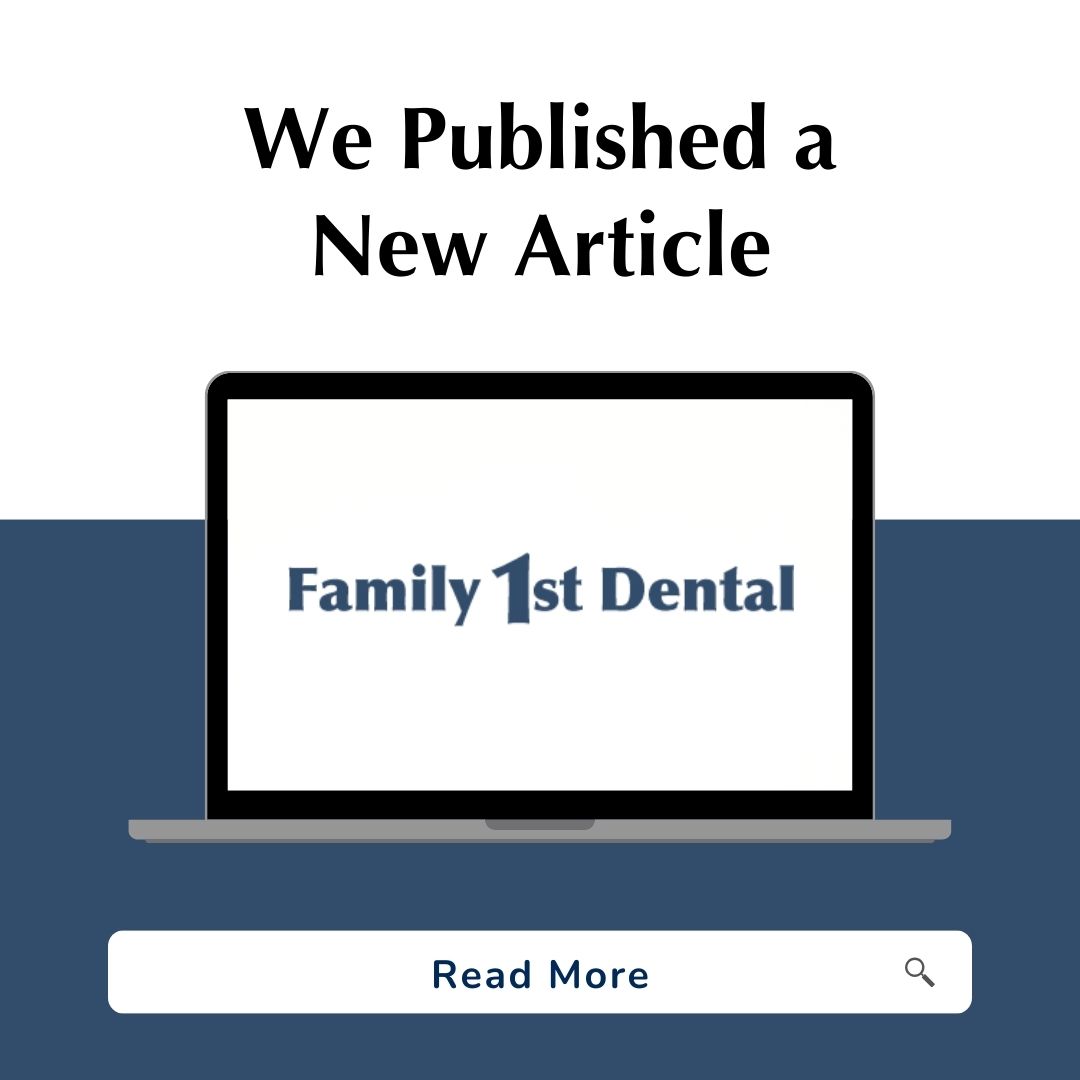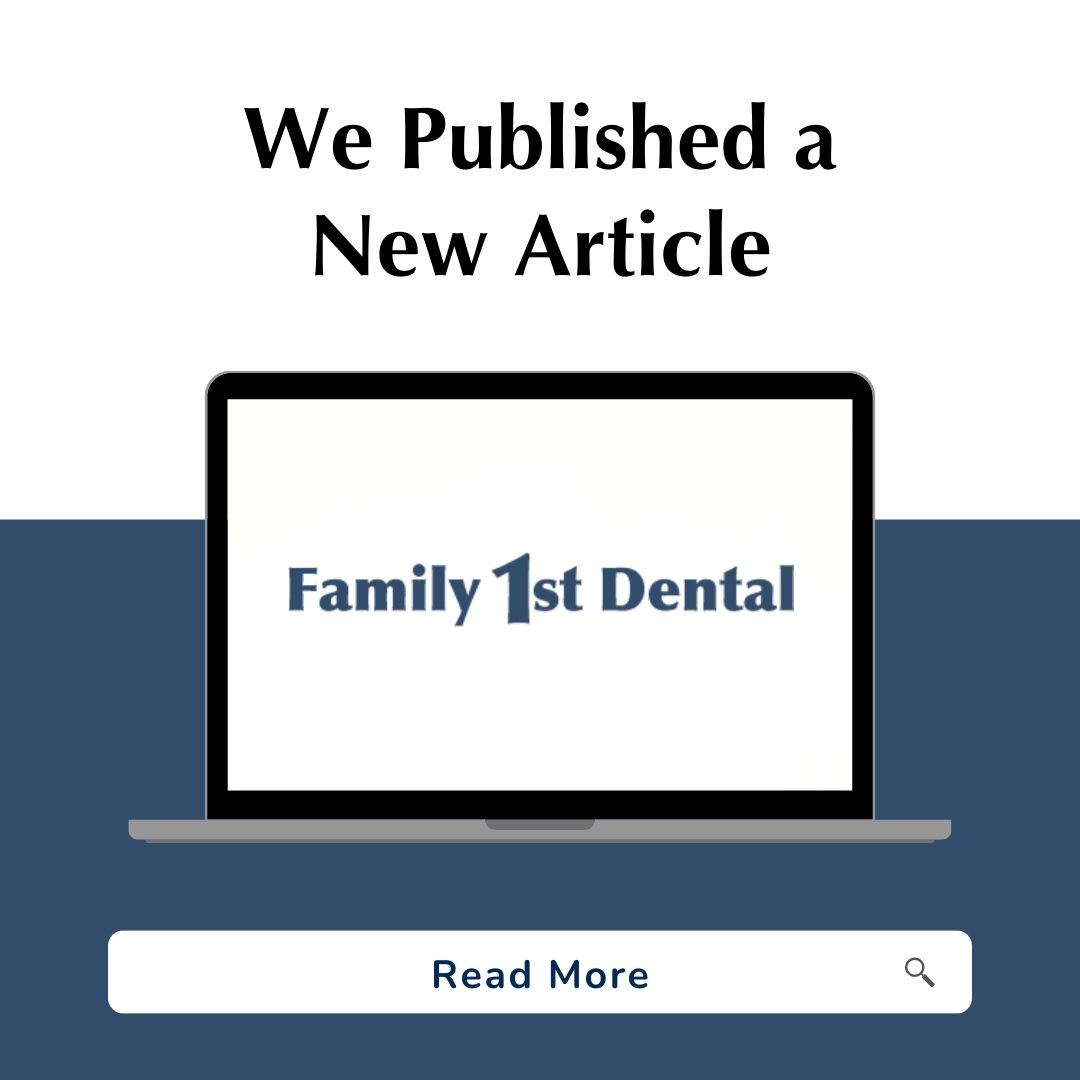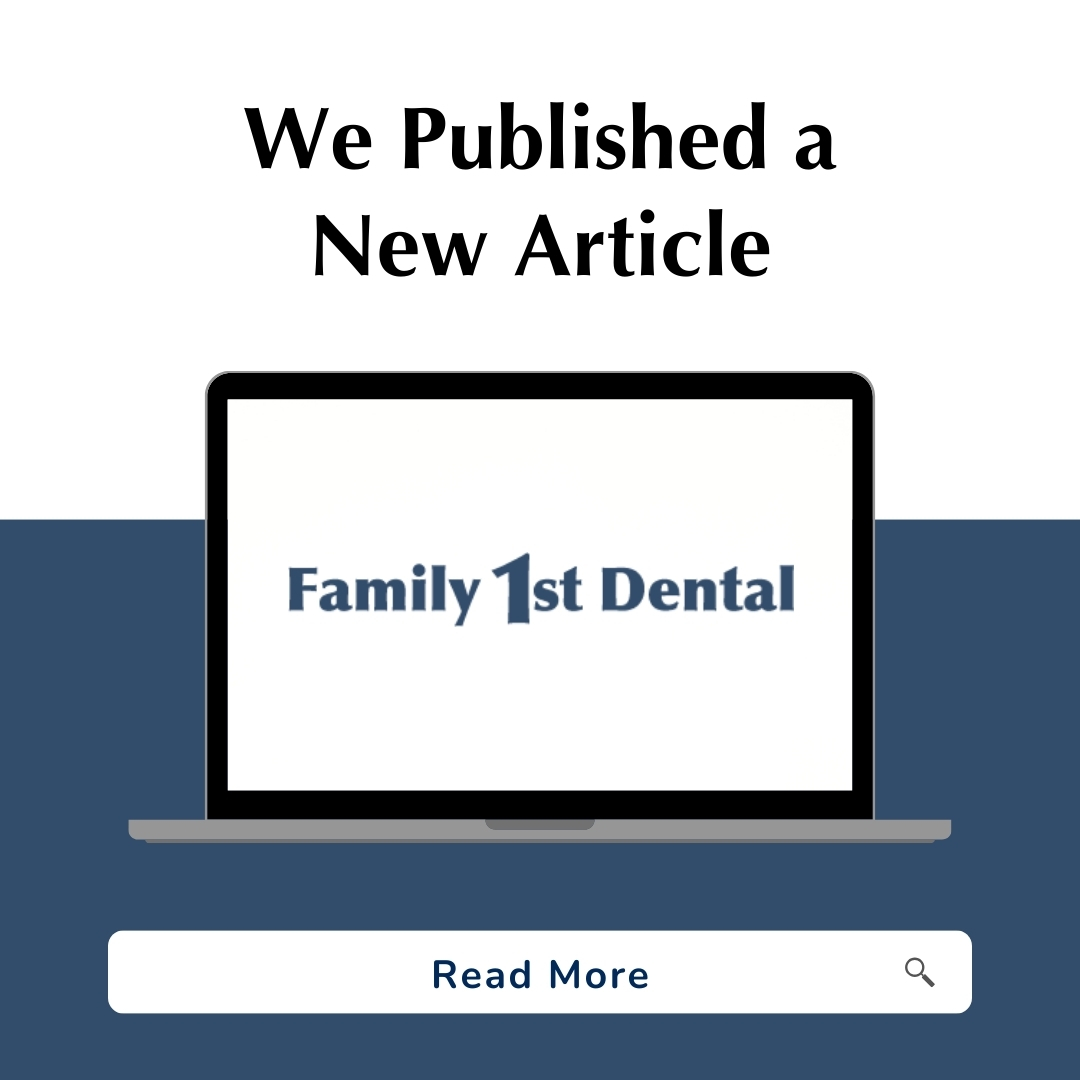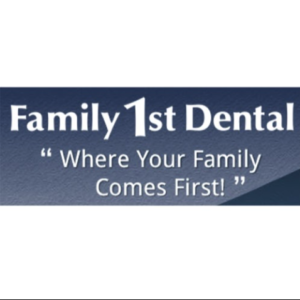
While we often focus on the well-being of our teeth and gums, let’s not overlook the crucial role of tongue care in maintaining overall oral health. Your tongue, which is responsible for vital functions like tasting, swallowing, and speaking, can also harbor harmful bacteria. Here are four essential tips from Family 1st Dental – South Sioux City to keep your tongue in top condition.
- Prioritize Comprehensive Oral Hygiene
Regular brushing and flossing form the cornerstone of oral hygiene, but remember to include your tongue in this routine. Incorporate tongue cleaning by gently brushing it or using a specialized tongue scraper daily. These practices effectively remove any accumulated debris and bacteria, promoting tongue health.
- Hydration is Key
Dehydration can lead to discomfort and dryness in your tongue. Ensure adequate hydration by drinking plenty of water throughout the day. Hydration not only keeps your tongue moist but also helps wash away food particles and bacteria, reducing the risk of oral health issues like bad breath.
- Embrace a Nutrient-Rich Diet
The health of your tongue, like any muscle, is influenced by your diet. Opt for foods rich in essential vitamins, minerals, calcium, lean protein, and fiber to support tongue health. Minimize consumption of processed foods and sugary treats, as they can contribute to bacterial growth and compromise oral health.
- Schedule Regular Visits to Your Dentist
Routine dental check-ups are crucial for maintaining optimal oral health, including the condition of your tongue. At Family 1st Dental – South Sioux City, our experienced team recommends biannual visits for professional cleanings and examinations. During these appointments, we thoroughly assess all aspects of your oral health and collaborate with you to develop a personalized oral care plan.
Don’t overlook the importance of tongue care in preserving your oral health and enjoying a radiant smile. Implement these four tips into your daily routine and reach out to our office for expert guidance on proper oral care or to schedule your next appointment. Your tongue and your entire mouth will thank you for it!



















